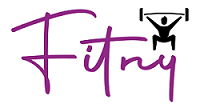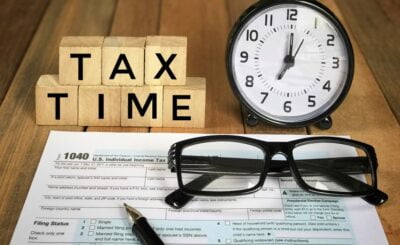No matter how hard citizens try to find positive intonations in wearing a mask, it is difficult to do this. One of the most beneficial effects of mask mode is a 94-98% reduction in the incidence of influenza during this epidemic season. The rest of the love for the mask does not arise even among ardent adherents of wearing personal protective equipment.
However, vaccines have appeared, and the authorities are in no hurry to cancel the mask regime. With the advent and spread of COVID-19, masks have become a regular part of our daily life. At the same time, COVID-19 vaccines are becoming more and more available in many countries worldwide. Is it possible not to wear a mask after vaccination?
Here are five arguments for wearing a UVmask even after being vaccinated:
No vaccine is 100% effective:
Extensive clinical studies have shown that vaccines (Moderna, Pfizer-BioNTech) prevent up to 95% of cases of coronavirus infection. Despite this seemingly impressive result, 1 in 20 people vaccinated will still get sick. In addition, vaccines have been tested under “ideal” conditions and, inexperience after vaccination, generally have lower efficacy in actual practice.
Vaccines do not provide immediate protection:
Thus, no vaccine takes effect instantly. For the body to have time to synthesize antibodies that block infection, it takes about two weeks in the case of COVID-19. In this case, vaccination against coronavirus infection involves introducing two doses with a period between them 3-4 weeks. Thus, it is possible to speak about “complete” protection only 5-6 weeks after the first vaccination.
Vaccinations against COVID-19 are of the second type; that is, vaccination does not mean that a person is protected from infection with the SARS-CoV-2 coronavirus. At least until proven otherwise, doctors and scientists recommend counting this way. Humanity does not yet have accumulated observational data on vaccinated people, so theoretically, after vaccination, you could still pose a potential danger to your elderly unvaccinated relatives after immunization. And masks, as you know, are, first of all, a way to protect others from a possible source of infection.
Vaccination may not prevent the spread of the virus:
In general, vaccines can provide two levels of protection. So, some prevent infection and even the transmission of disease, while others only from illness. It is not yet clear what type of coronavirus vaccines are.
Masks protect patients with compromised immune systems:
For example, it is known that, for example, patients with cancer have an increased risk of adverse outcomes in COVID-19, while vaccination in such patients has practically not been studied. One of the defense mechanisms for patients with compromised immune systems is to reduce the likelihood of infection, particularly the use of masks.
Masks protect against any strain of coronavirus:
More and more information about the existence of various mutations of the coronavirus and the emergence of new strains. The effectiveness of vaccines concerning all of them has not yet been studied. However, masks protect against coronavirus, regardless of its strain.
Conclusion:
Thus, despite the possible widespread vaccination, masks seem to have entered our daily life for a long time. In addition to masks, you should remember another important recommendation – you should avoid large crowds of people.



